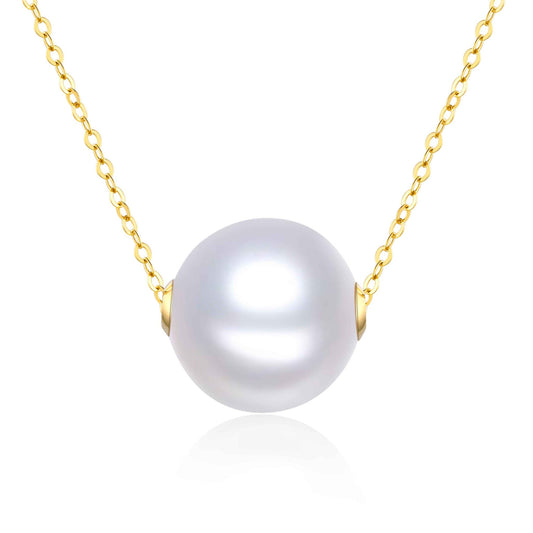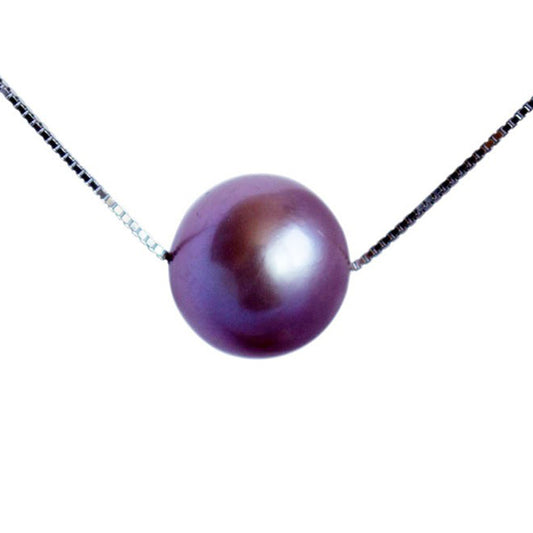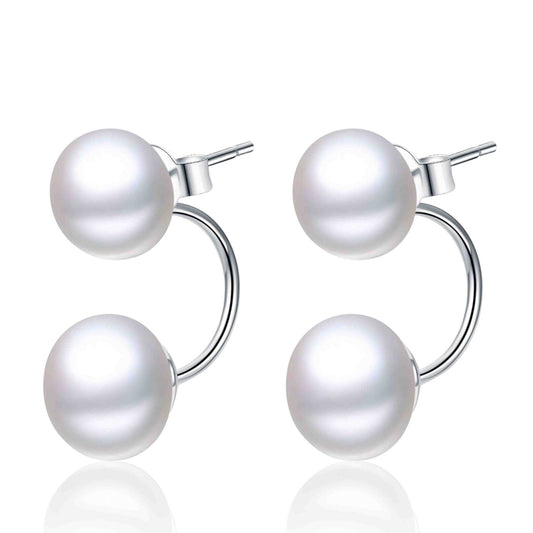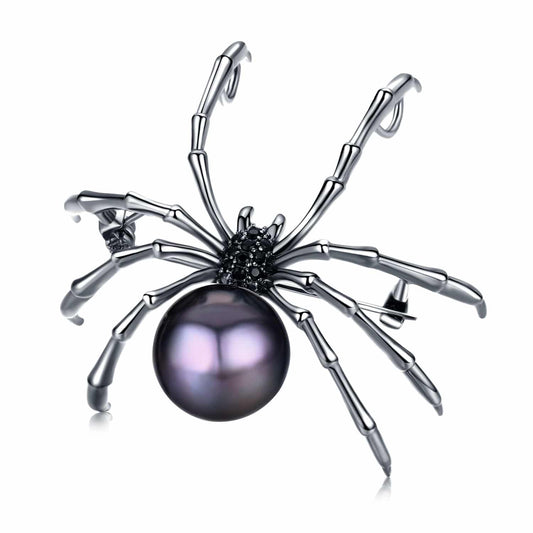First She Fought Her Own Battles, Then She Tackled the World’s
Humans tend to think that if we want to accomplish something, we need to be forceful and sure of ourselves. We see emotional struggle and hardship as obstacles to our dreams. But oysters show us there is another way to look at life. With quiet determination and hard work, they work at the problem of a grain of sand or implanted bead in the safety of their shell. The outcome of all that hardship, without the oyster really knowing if it’s going to work, is a shimmering pearl. We believe that people are like oysters, and that hard times are sometimes the catalyst that channels our energy in such a way that we leave our own pearlescent legacy. In honor of this unique human quality, we have started a series to look at some of the women who have lived their lives like pearls. We call it the Living like a Pearl series and you can find the other stories here.
_________
How do you turn things around when you discover your husband of thirteen years has been cheating on you? What do you do when this selfsame husband suffers a debilitating disease shortly after, that makes him want to give up his vocation? Well, not everyone’s answer would be the same. But if you’re Eleanor Roosevelt, you layer your life – and even the thing that caused you such pain and distress – with love and kindness until your husband becomes president. And then you rise even higher.
Eleanor Roosevelt (October 11, 1884 – November 7, 1962) is a shining example of someone who lived her life like a pearl. Not only did she overcome a difficult, sad childhood, but she made history as First Lady, turning the role into something much bigger than the supportive wife – and that in the face of a not-so-easy marriage.
Her husband, President Franklin D. Roosevelt, married her despite his mother’s objections. Eleanor, related to her husband as a fifth cousin once removed, was born in Manhattan, New York City, into privilege. She was related to two tennis champions and through her father was a niece to President Theodore Roosevelt. Yet privilege has never proved to shield people from hardship: When she was 8 years old, Eleanor lost her mother and brother within a few months from diphtheria. Her father, an alcoholic, died two years later, after jumping from a sanatorium window and suffering a seizure because of the fall. Eleanor felt herself to be an ‘ugly duckling,’ but wrote at age 14: “no matter how plain a woman may be if truth and loyalty are stamped upon her face all will be attracted to her.”
Married at the age of 21, she faced a power struggle with her mother-in-law, Sara Ann Delano. After Sara had first objected to the union, the young couple was given a home that was connected to Sara’s apartment by sliding doors, and the five children they raised were said to belong more to Sara than to Eleanor. It could not have been easy. But perhaps the biggest blow was when she realized her husband had been cheating on her. Interestingly, it was her mother-in-law who forbade Franklin Roosevelt to divorce Eleanor. And it was the right decision.
A few years later, in 1921, he was diagnosed with a paralyzing illness. Eleanor nursed him back to health. She also convinced him to stay in politics despite having lost the function of both his legs – while his mother urged him to retire and become a gentleman of leisure instead. The doctor attending to him at the time commended Eleanor for her devotion and is quoted to have said: "You have been a rare wife and have borne your heavy burden most bravely," also calling her "one of my heroines".
In 1933, Franklin D. Roosevelt was elected as president of the United States, and would serve four terms, until his death in 1945. But it is Eleanor that really shined in this time. She became the longest-serving First Lady. Because her husband was paralyzed, she often stood in for him at public events – something she had started doing long before his election. For example in that first year, when World War I veterans marched for the second time to ask that their veteran payments be paid out early, Eleanor met the men at their camps, listened to their concerns, and sang army songs with them. The relationship with the presidential administration was repaired as a result. According to the Guardian, one of the marchers said: "Hoover sent the Army. Roosevelt sent his wife."
Roosevelt’s win as president was also helped by Eleanor’s connections among democratic women, who supported him as a result. In the Roosevelt household, something had changed by then: Eleanor enjoyed the staunch support of her husband and her mother-in-law’s orders had faded to the background.
In her husband’s first year as president, she resolved to match his salary. She made $75 000 from lectures and teaching that year but gave most of it away to charity. She was the first First Lady to write a daily newspaper column, a monthly magazine column, host a weekly radio show, hold regular press conferences of her own, and even publicly disagree with some of her husband’s policies. She advocated for better positions for women in the workplace and the civil rights of African Americans and World War II refugees, among other things. When a prominent journalist organization held a dinner that did not allow female journalists, she held her own dinner for female journalists only. In addition, she banned male journalists from her press conferences, forcing newspapers to hold positions for female journalists.
When her husband passed away in 1945, she continued her public life, serving as a delegate to the United Nations General Assembly, and then as the first chairperson of the UN Commission on Human Rights, overseeing the drafting of the Universal Declaration of Human Rights. Her causes and contributions – both during his presidency and after – are too many to mention here. But this pearl of a description just about sums it up: Harry S. Truman, who took over the presidency after the death of her husband, called her the ‘First Lady of the World’ for her contribution to human rights worldwide.




